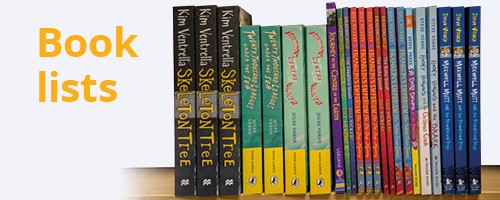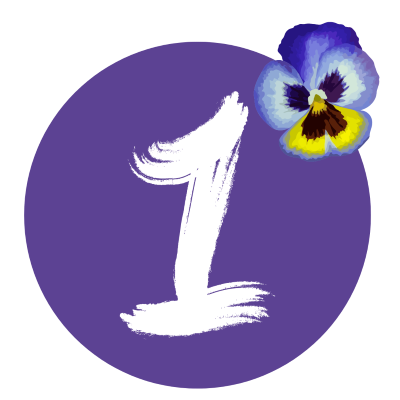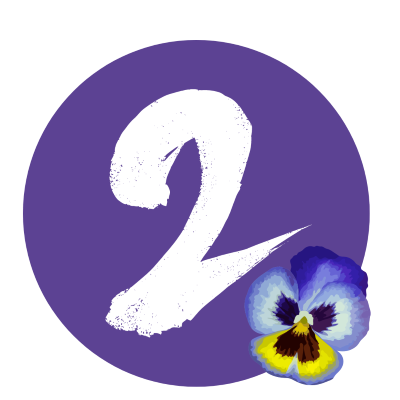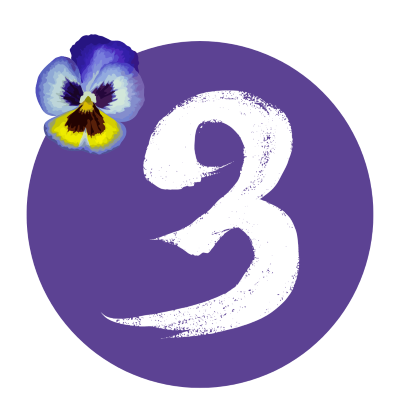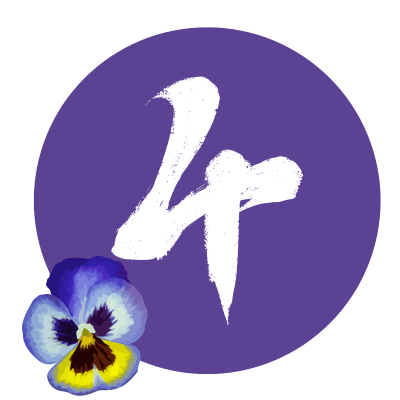Please note: due to the summer holidays we will automatically hold all school books and furniture orders due between Friday 19 July and Friday 30 August 2024. Delivery will resume from 2 September 2024. If you have any queries or specific delivery requirements, please get in touch at the time of ordering.
For help, advice and telephone ordering call our team on 0121 666 6646
Are you sure you wish to delete this basket?()
This action cannot be undone.
Sorry, something went wrong
Please report the problem here.
Encourage teens to tell their own stories with these 4 creative writing tips from author Jenny Valentine
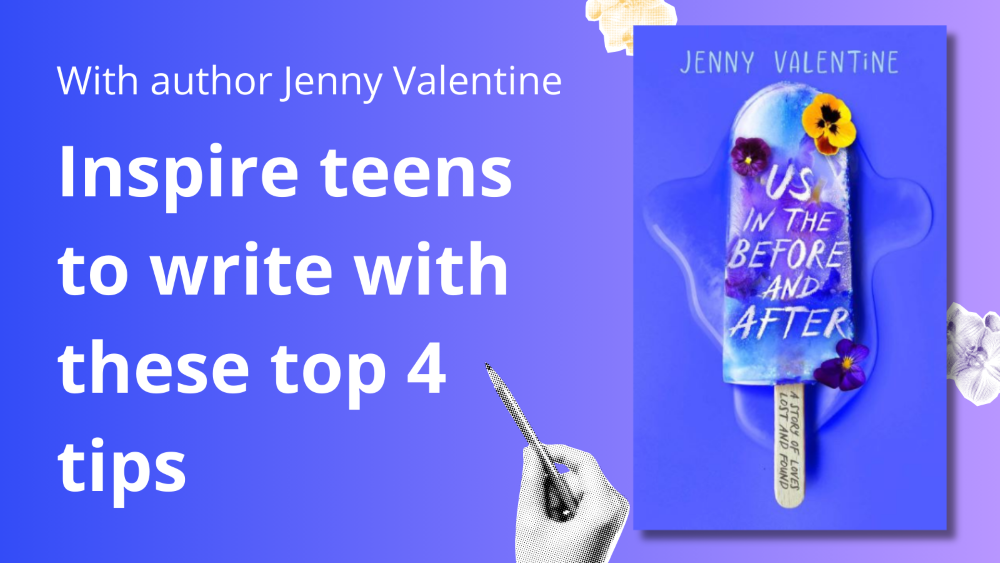
July 12th 2024
With the steep decline of children and young people enjoying writing in their free time, inspiring students to explore writing for pleasure can be difficult. Only 1 in 9 of participants aged 8 to 18 in the National Literacy Trust's 2024 survey enjoyed writing in their free time, and 44% of participants struggled with deciding what to write about.
However, there are numerous benefits of writing in our free time, from self-expression, to making sense of the world around us. Participating in creative writing groups and experiencing a visit from a passionate story-teller or author are just a couple of the significant sources of writing inspiration for young people. To help inspire your young people to give writing a go, award-winning writer Jenny Valentine shares her top 4 tips for getting started - and keeping going.
 |
Jenny Valentine | Author Jenny Valentine is an award-winning writer for children and young adults. Her first novel Finding Violet Park won the Guardian prize in 2007 and since then she has written several critically acclaimed books, including Broken Soup, The Ant Colony and the Carnegie shortlisted Fire Colour One, as well as the young fiction series Iggy and Me and the middle grade trilogy A girl called Joy. Her work has been published in 19 countries. In 2017/18 she was the Hay Festival International Fellow, spending the year meeting and learning from young people all over the world. She tries to read slowly, never stops moving, and has two daughters. |
You don't always need a plan - just start
It’s important to say straight away that, even though I have written fourteen books, I don’t have any real idea of what I’m doing. It’s also important to say that this is a very good thing. In school we are taught to plan and know everything in advance, our beginnings and middles and ends.
But that’s not how writing works for everyone, and it’s not how it works for me. All I have is a spark – a voice, an idea, something I have found, something I’ve seen from the upper deck of a bus. I know it when I have it, and that’s all I know. But it is enough to start.
So start. Don’t worry too much about where you are headed because if you keep going, step by step, you will figure it out and get there in the end.
Writing without a plan is wildly creative because you are quite literally making it up as you go along. I have always said I write to see what happens next, which is just like reading. And my love of reading is the reason I write.
Characters are the story's heart
The people in your stories are important. To me, they are the most important thing. It doesn’t matter how exciting your plot is, how many twists and surprises and turns. If great things are happening to someone we don’t care about, then we don’t care.
Make your characters real. Get to know them. Figure them out as you go along. How would they react in this or that situation? How would you?
|
Extract from Us in the before and after, Jenny Valentine, published by Simon & Schuster in 2024 |
Character advice deep diveJenny's main characters in Us in the before and after, Mab and Elk, leap off the page. We meet both of them straight away in the novel's opening paragraph. Read the extract on the left. What details has the author written about? What do these details tell us about the characters? Do you get a sense of who Mab and Elk are at the start of the story? |
|
Find tricks to keep going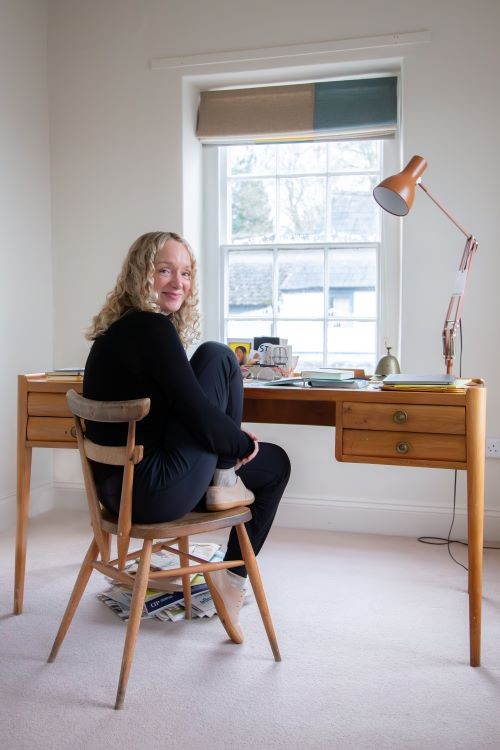
When you don’t have a map, you get lost. But please don’t panic. Getting lost is the point.
I write in a notebook and a laptop, one right next to the other. When I hit a wall or some fog or a dead end in my typing, I make lists. Everyone can write a list. And it’s the quickest, easiest way of getting your thoughts and priorities in order. You'd be amazed how something as simple as a list can kickstart your creativity.
Also, please doodle. The notebooks that contain the lists and workings of my books are also filled with doodles. It seems I like to draw fish and eyes and orange slices and pot plants. You think without thinking when you are doodling. It’s all part of the job.
Read, read, read
Everybody says it because it is true. If you want to write, you need to read.
Get swept up in a story and race through it. Read some things carefully and slowly. Figure out what you like and don’t like.
It doesn’t matter how fast you do it, or how many books. It’s not a competition, it’s training. It’s practice. And practice won’t make you perfect because there’s no such thing, but it will make you better.
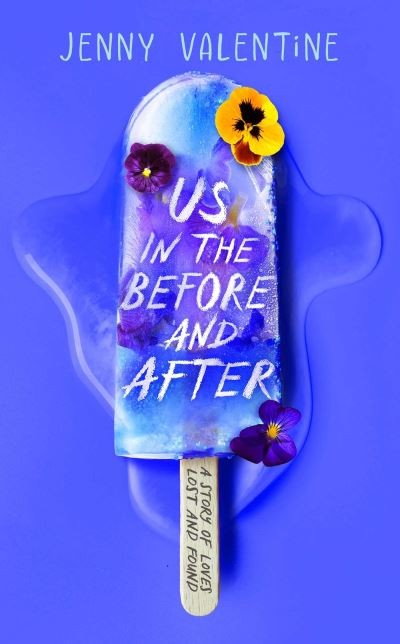 |
Every week, our team of reviewers pick their recommended reads out of the recently published children's and young adult fiction, with one or two voted as the week's favourite read. In June, Us in the before and after was voted as a reviewer favourite and joined our Books of the Week! Children's Librarian Katie reviewed Valentine's stunning return to young adult fiction. "A beautifully written, utterly devastating account of female friendship, growing up and grief." Following two best friends Mab and Elk as they face the fallout of an event which will change them both forever, be prepared to gasp back tears at the twist of an ending. Read our full review of Us in the before and after and discover more of this year's favourites on our Books of the Week page. |
|
"If you want to write, you need to read": our Books of the Week for your aspiring teen writers |
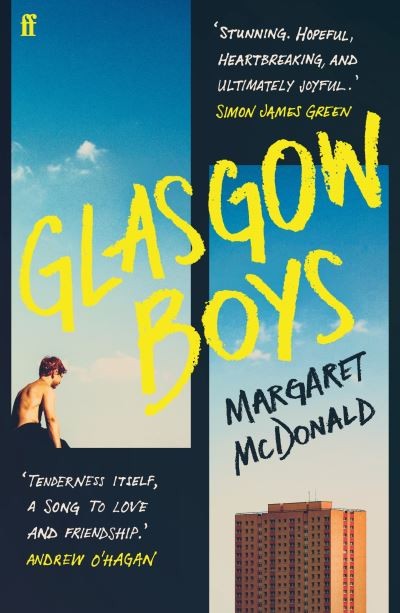 |
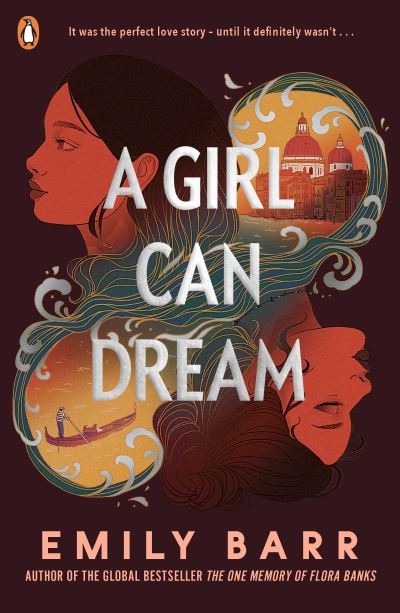 |
 |
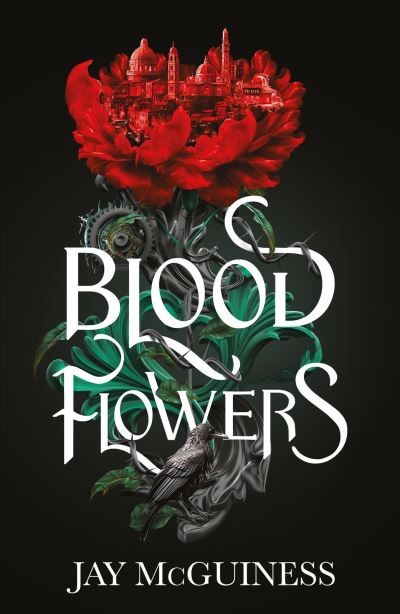 |
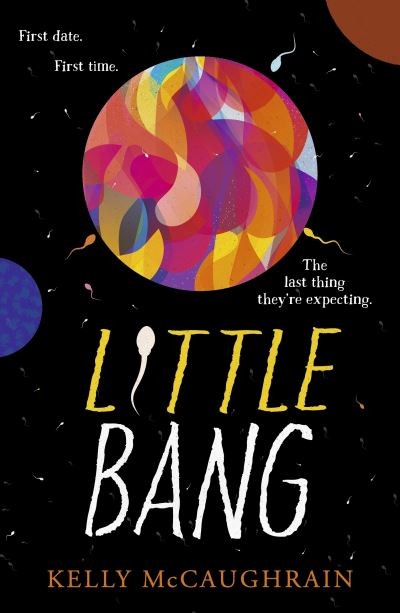 |
| 📚 DISCOVER our books of the week |
|
|
Read next:Verse novels as a tool for changing lives with author Tia Fisher |
|
 |




